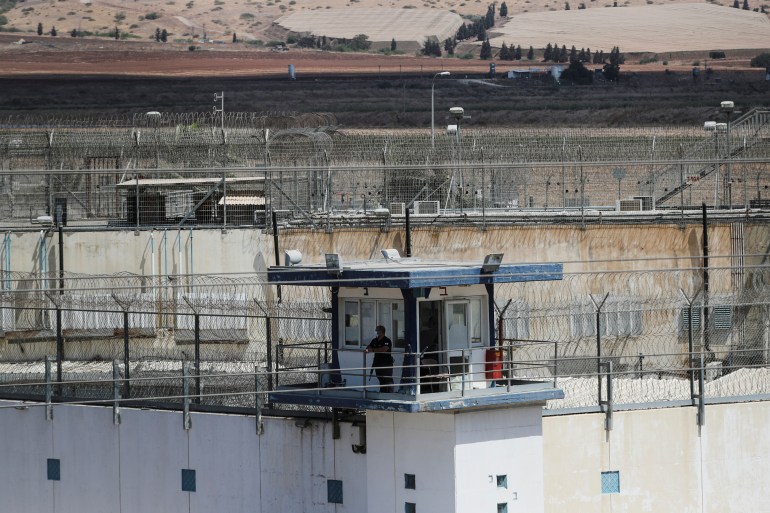Today, Sunday, the Palestinian resistance announced the launch of joint military training activities involving its various military factions, aimed at exchanging experiences, while a number of prisoners of the Islamic Resistance Movement (Hamas) decided to engage in an open hunger strike to reject Israeli violations.
The joint room of the factions - with the exception of the Palestinian National Liberation Movement (Fatah) - said that these exercises will continue for several days in the training sites and fields with the participation of all the resistance factions.
She added in a statement that the joint training will witness many training activities and military activities to exchange experiences between all the resistance factions, achieve homogeneity, unify concepts and speed up the implementation of tasks efficiently and effectively.
She indicated that these exercises will be concluded with the joint military maneuver "Severe Pillar 2" aimed at raising the efficiency and combat readiness of the resistance factions to face various challenges.
This joint exercise is the first of its kind since the end of the last Israeli aggression on the Gaza Strip last May.
And in December 2020, the joint room launched a joint military maneuvers for the resistance factions for the first time, under the name "Severe Corner".
Hamas prisoners on hunger strike
In a related context, a number of cadres and leaders of "Hamas" prisoners in Israeli prisons decided to engage in an open hunger strike to reject the Israeli violations against the prisoners.
"We decided, in the coming hours, to engage in a hunger strike battle for the first regiment, headed by the symbolic prisoners' leaders," the prisoners' higher leadership body said, without mentioning a specific number for the number of those who will enter the strike.
The authority warned of its tendency to "actually dissolve the organization after the hunger strike, saying that the decision to dissolve the organization has its aftermath."
The latest statistics indicate that Israel is detaining about 4,550 Palestinians in its prisons (Reuters)
Within the Israeli prisons, the supporters of each Palestinian organization are linked to a representative and structural entity to which they belong and which represents their reference in the decisions that are taken and the protest steps.
When the entity dissolves any organization, the decisions and behavior of the prisoners become individual, and the organization is not responsible for it, which may cause chaos.
Movement and Qassem
The head of the political bureau of the "Hamas" movement, Ismail Haniyeh, said today, Sunday, that the political and military leaderships of the movement are following up on what is happening to male and female prisoners inside Israeli prisons.
This came during a phone call Haniyeh had with former prisoner Ahmed al-Qidra, who was released by Israel on December 22 after 19 years of captivity, according to a statement issued by the movement.
"We hold the occupation authorities fully responsible for their lives," Haniyeh added.
He referred to "the importance of concerted national and international efforts to support the cause of the prisoners," saying, "Their freedom is in our hands."
tense state
For days, a state of tension has prevailed inside Israeli prisons due to the continued Israeli violations against male and female prisoners.
On December 20, Yousef al-Mabhouh - a prisoner affiliated with Hamas - slightly injured an Israeli security guard in Nafha Prison (south), in response to the Israeli abuse of female prisoners, according to institutions concerned with prisoners' rights.
According to these institutions, in the past few days, the Prisons Authority administration has escalated the attacks inside Israeli prisons, especially Nafha prison.
The latest statistics indicate that Israel detains about 4,550 Palestinians, including 170 minors, about 500 administrative detainees, and 32 female prisoners inside its prisons.

